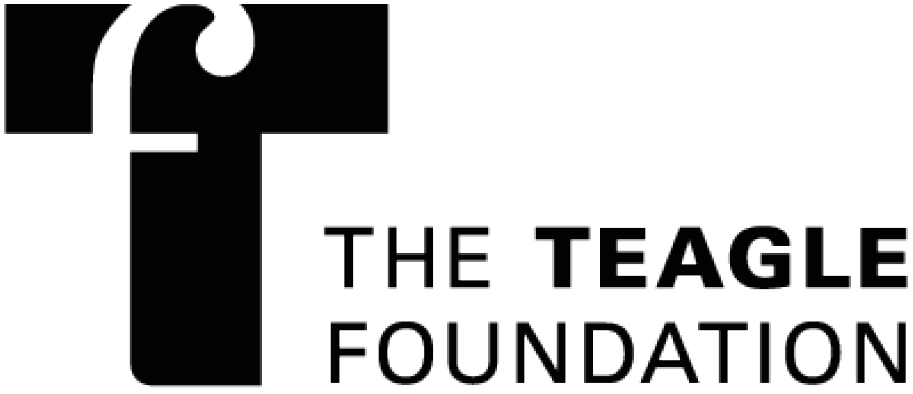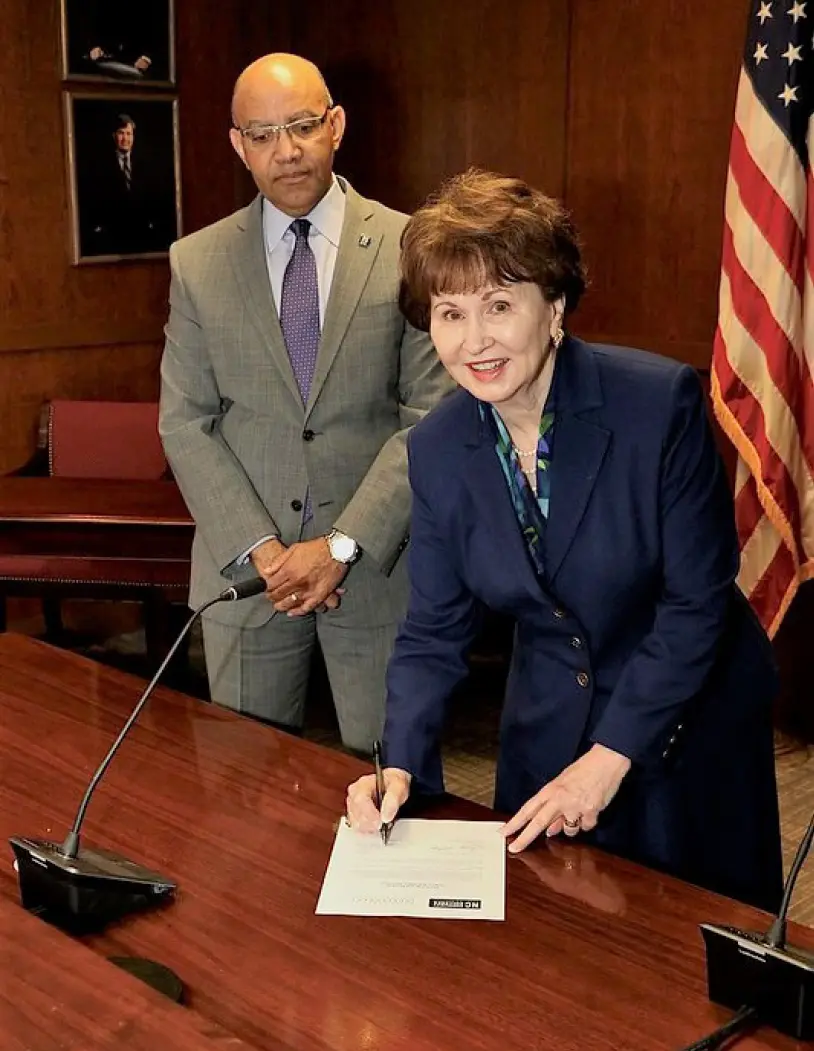
Paving the Way for Transfer Pathways in Psychology and Sociology



Final Evaluation Report for Independent Transfer Pathways in North Carolina Project

The Council of Independent Colleges (CIC) and North Carolina Independent Colleges and Universities (NCICU) have long aimed to repair this broken promise. Serving independent, predominantly nondoctoral colleges and universities, our two organizations see great mutual benefit in supporting community college transfer into our institutions to increase enrollments, support local communities, and provide students with a transformative liberal arts education that culminates in a timely baccalaureate degree. With generous funding from the Teagle Foundation, CIC and NCICU set out in 2019 to increase transparency in the transfer process and build a framework for student support, beginning with enrollment at a community college through graduation from a four-year institution, with a focus on two degree pathways in sociology and psychology.
Project Summary
For many undergraduate students, the path to a baccalaureate degree begins at a community college. Community college students account for nearly 40 percent of all U.S. undergraduates and 35 percent of first-time first-year students1 Despite their best efforts, many of these students will not achieve this goal; among entering, degree-seeking community college students, only 31 percent will transfer to a four-year institution and fewer than 15 percent will complete a bachelor’s degree.2 The failed promise of community college transfer is particularly of concern for students from underrepresented groups in higher education. In 2020, over half (52 percent) of all Native American undergraduate students and nearly half of all Hispanic students (48 percent) were enrolled at community colleges. Similarly, 39 percent of Black or African American undergraduates were community college students. However, studies have shown that white community college students are twice as likely to transfer as Black or Hispanic students.3
North Carolina’s Transfer Context
The Independent Transfer Pathways in North Carolina Project between NCICU, NCCCS, and CIC builds on that first step toward better alignment by launching statewide transfer pathways in sociology and psychology, two high-enrollment liberal arts disciplines, that enable transfer students to enter independent colleges with junior status.
Transfer is an important part of the fabric of North Carolina’s higher education system and attainment goal. In 2019, the state of North Carolina adopted one of the most ambitious goals in the nation to close the educational attainment gap in the state—to ensure that two million North Carolinians aged 25–44 have an industry-valued credential or postsecondary degree by 2030.
Project Activities
At this initial meeting, attendees reviewed a first draft of discipline-specific articulation agreements in psychology and sociology, using a template developed during NCICU’s creation of articulation agreements in fine arts and in nursing that is designed to simplify the agreement for use by students and faculty advisors. The input received at the conference informed another draft of the agreement. The participants also had the opportunity to hear presentations on academic advising and the impact of institutional policies and practices on transfer from leaders at the John N. Gardner Institute for Excellence in Undergraduate Education and from the executive director of the National Academic Advising Association (NACADA).
Project Outcomes

Conclusion
The project served as a catalyst in building a culture of cooperation between community colleges and independent colleges in North Carolina, but it has also emerged as a national model for building scalable, consistent transfer pathways between consortia of independent colleges and universities and community colleges in their region. Since this project launched in Fall 2019, the Teagle Foundation, now in partnership with Arthur Vining Davis Foundations, have launched over 20 more statewide initiatives to expand and improve transfer between community colleges and independent colleges and universities, and NCICU President Hope Williams has consulted with state councils of independent colleges and universities across the country as they build their own transfer initiatives. Thanks to its longstanding success in building effective transfer pathways from community colleges to independent four-year institutions, NCICU was also featured as a case study in The Transfer Experience: A Handbook for Creating a More Equitable and Successful Postsecondary System in 2021.
CIC and NCICU are proud of the incredible work that was done for this project by the community of faculty members, administrators, and staff members at the 30 participating institutions, particularly amidst the tumult on campuses and communities during a global pandemic. As one participant highlighted in the final survey for this project, “our collaborative work has made North Carolina a national leader in the area of transfer to independent colleges and universities.”

Acknowledgements
We are also grateful for the generous support of the Teagle Foundation to make this project possible.
Finally, we would like to honor the contributions of Barbara Hetrick, CIC senior advisor, who played an integral role in designing and launching the project. Hetrick sadly passed away in June 2023.
